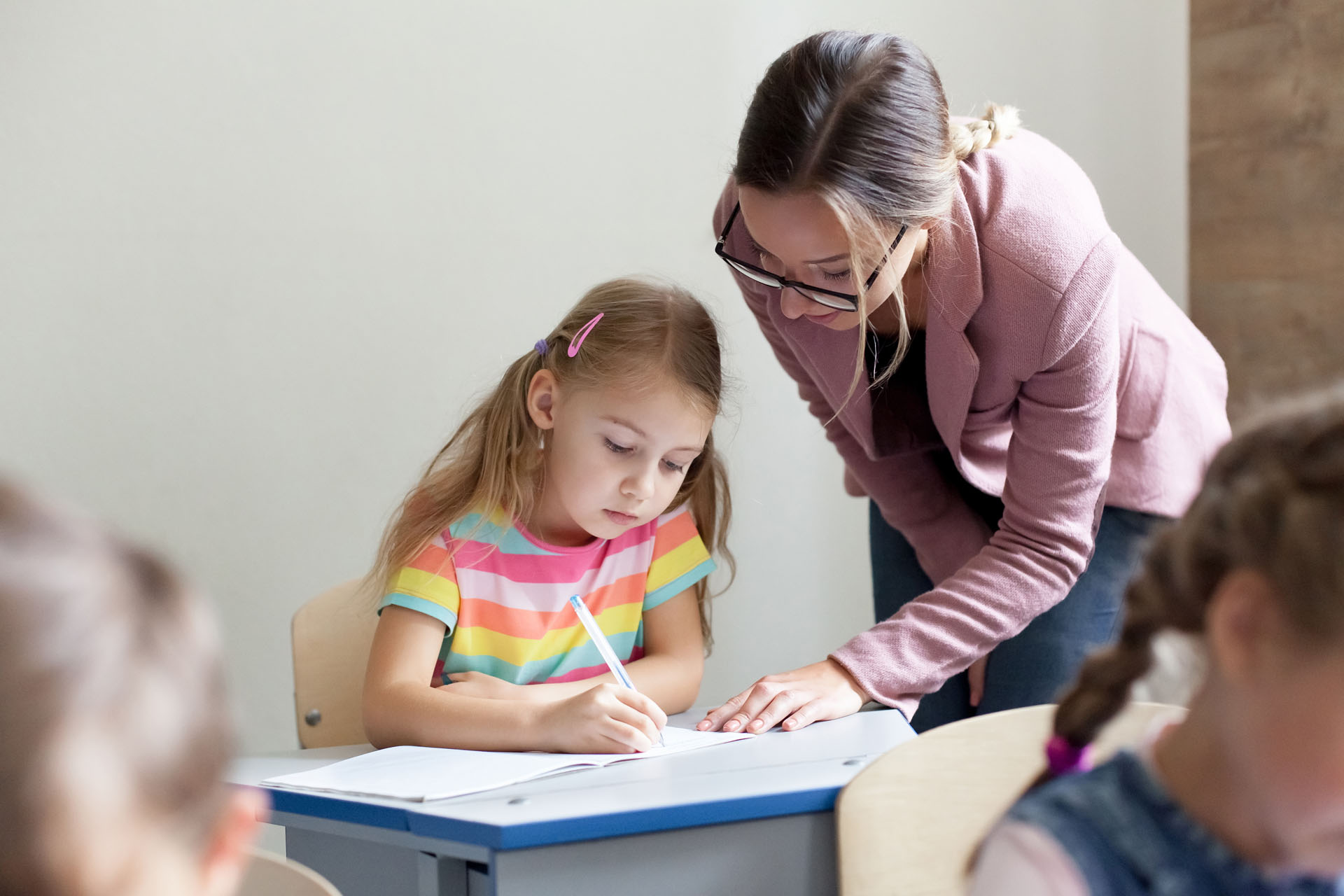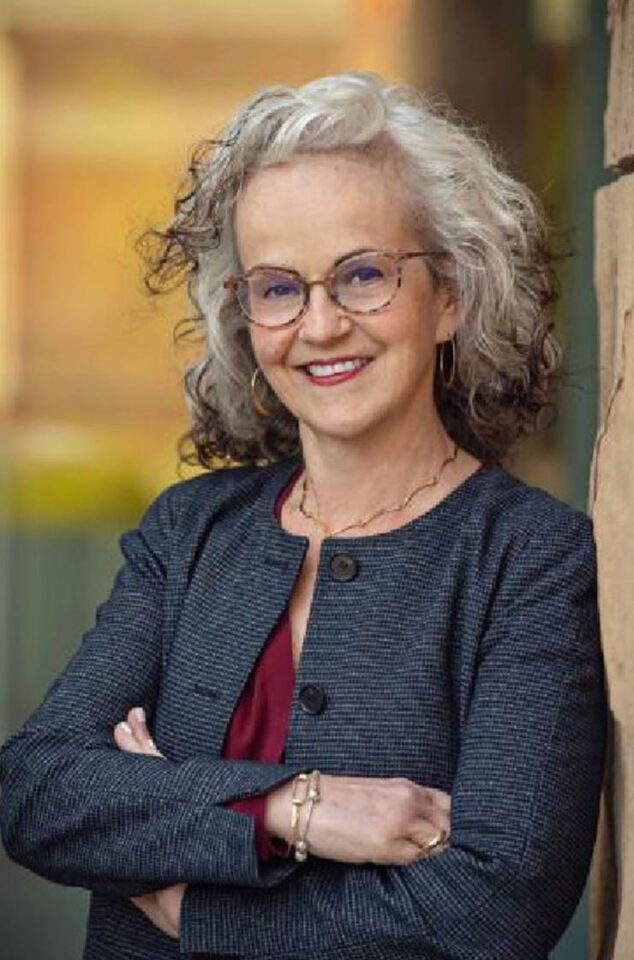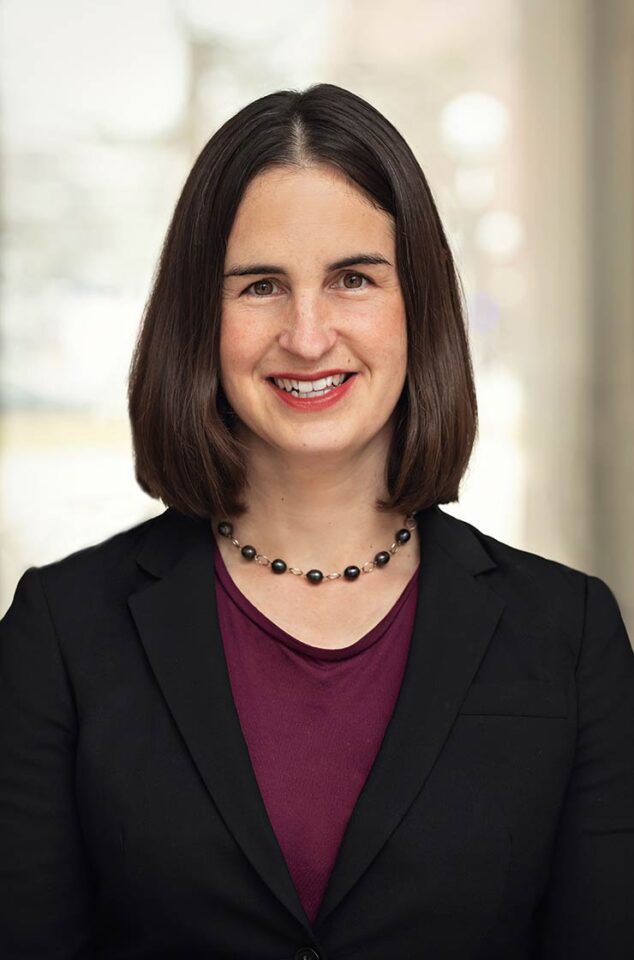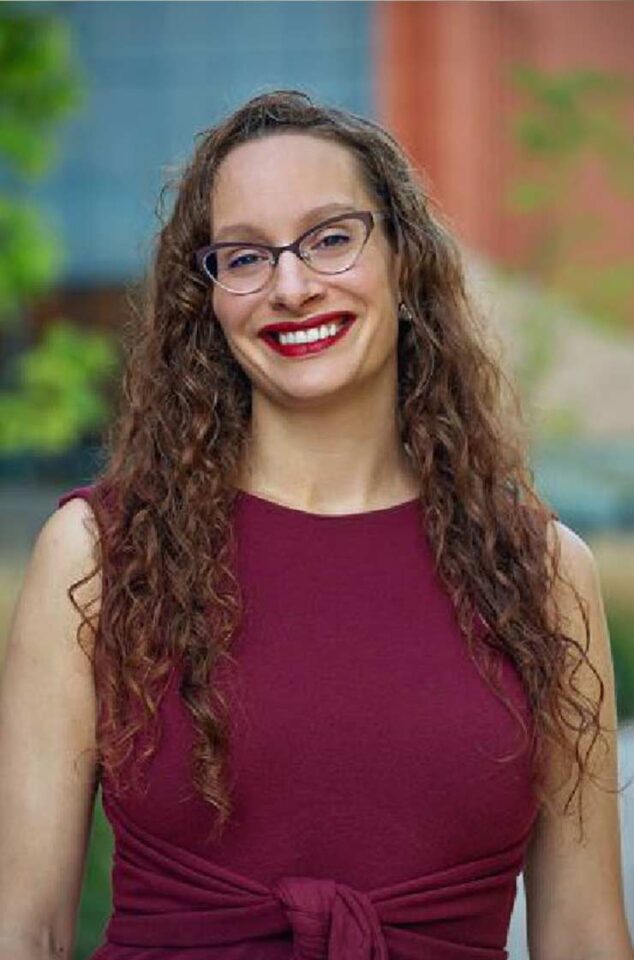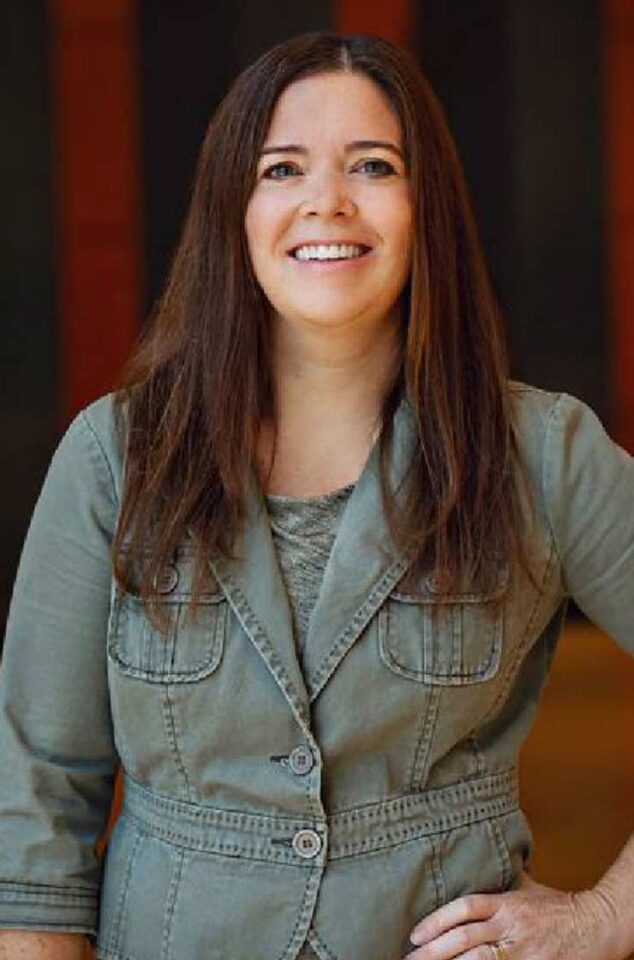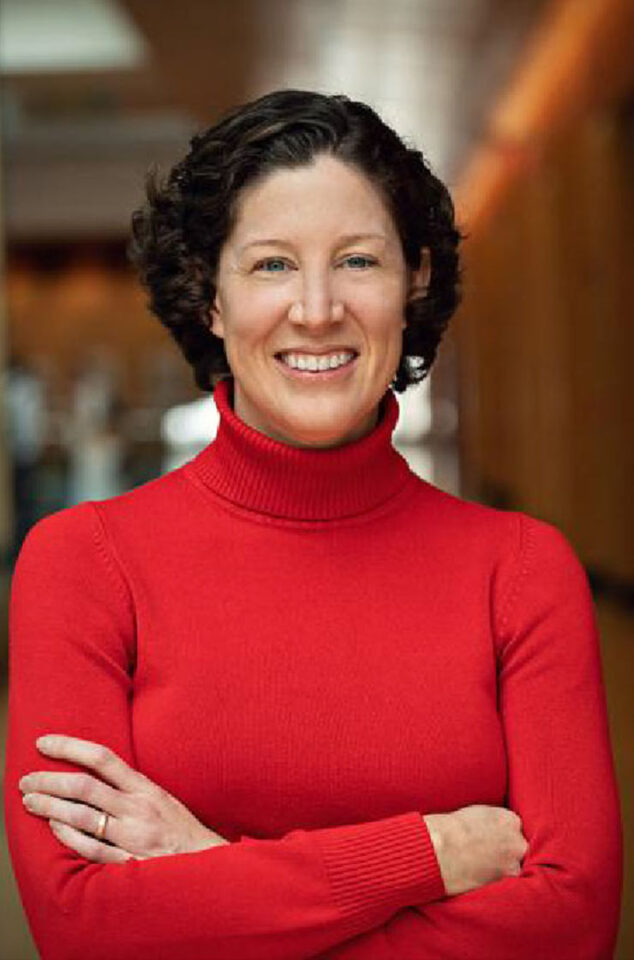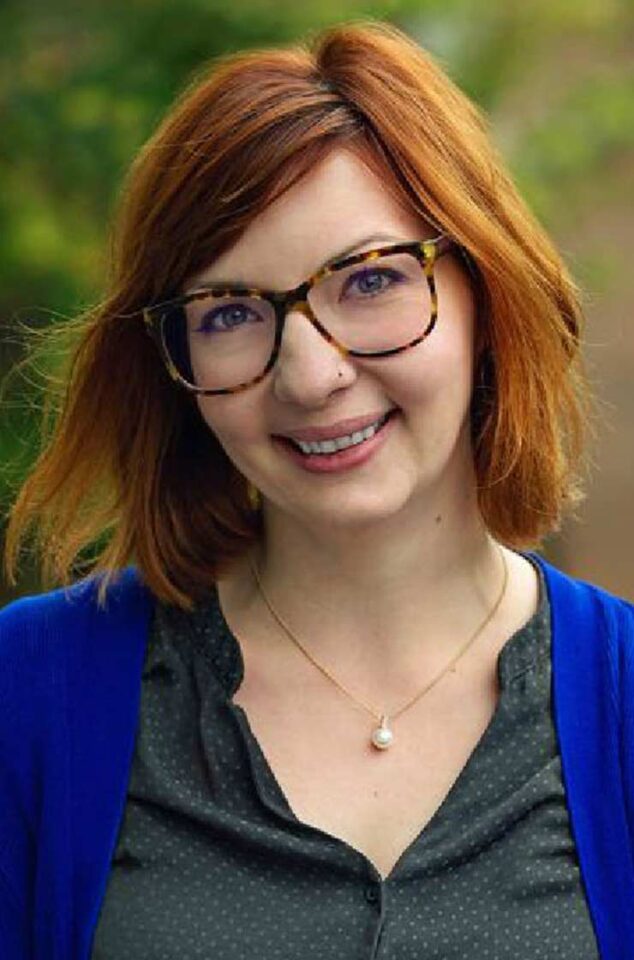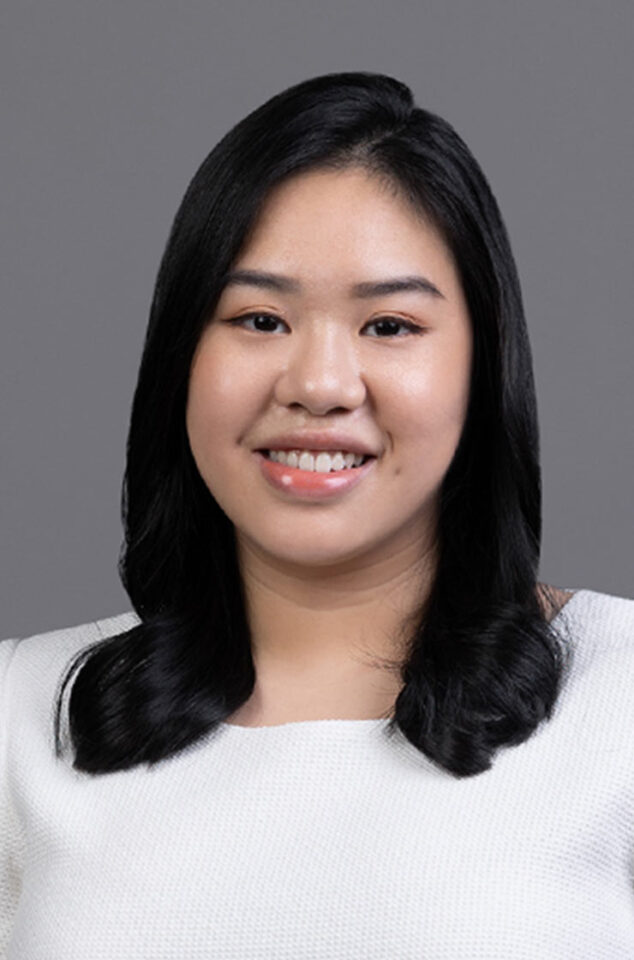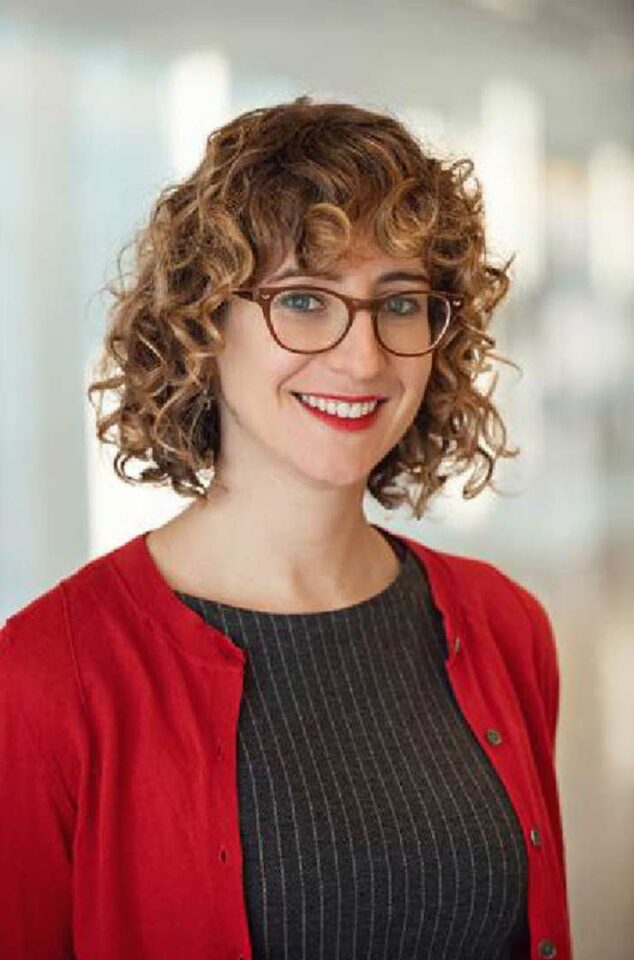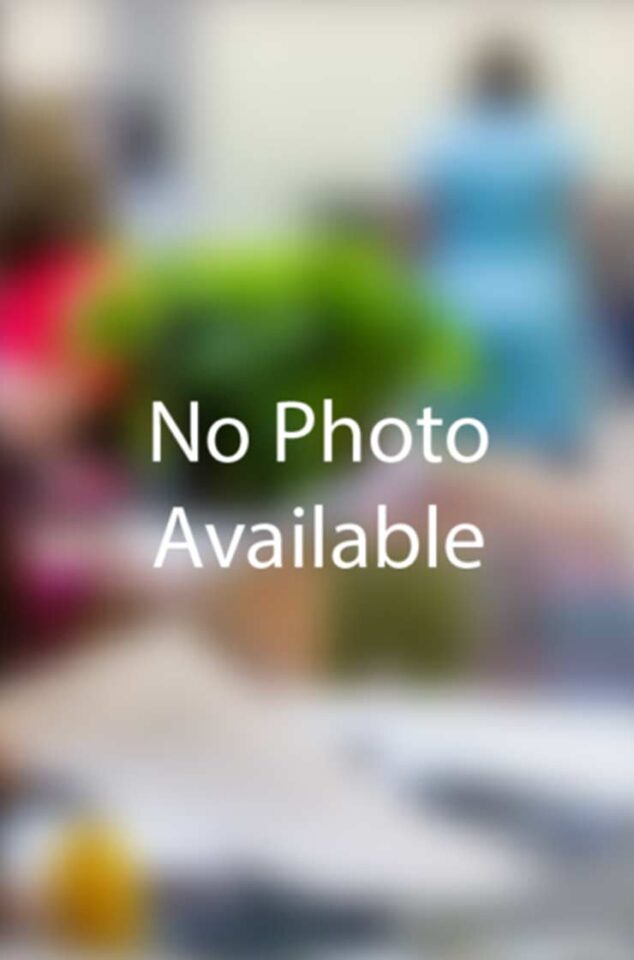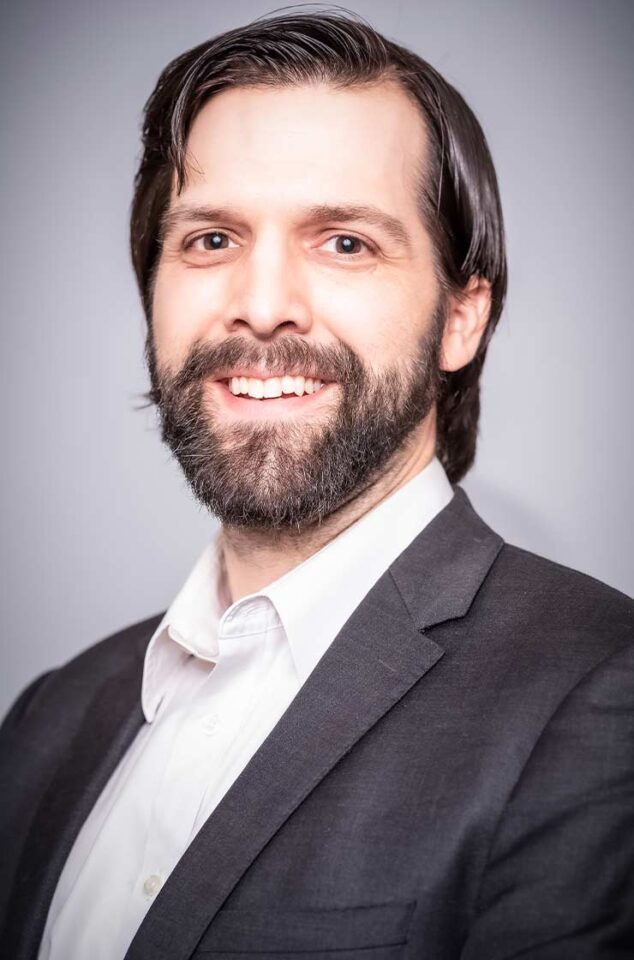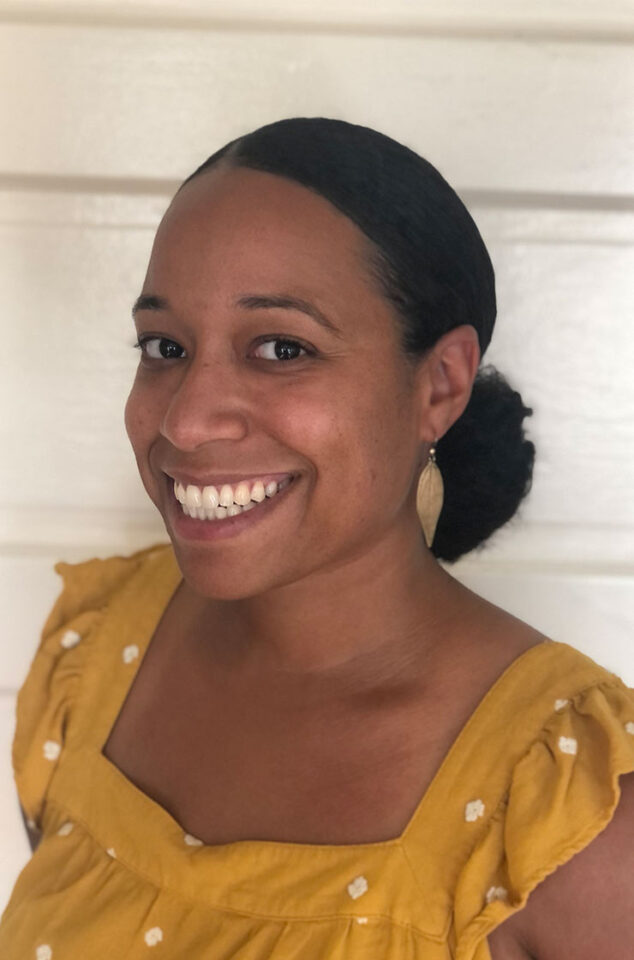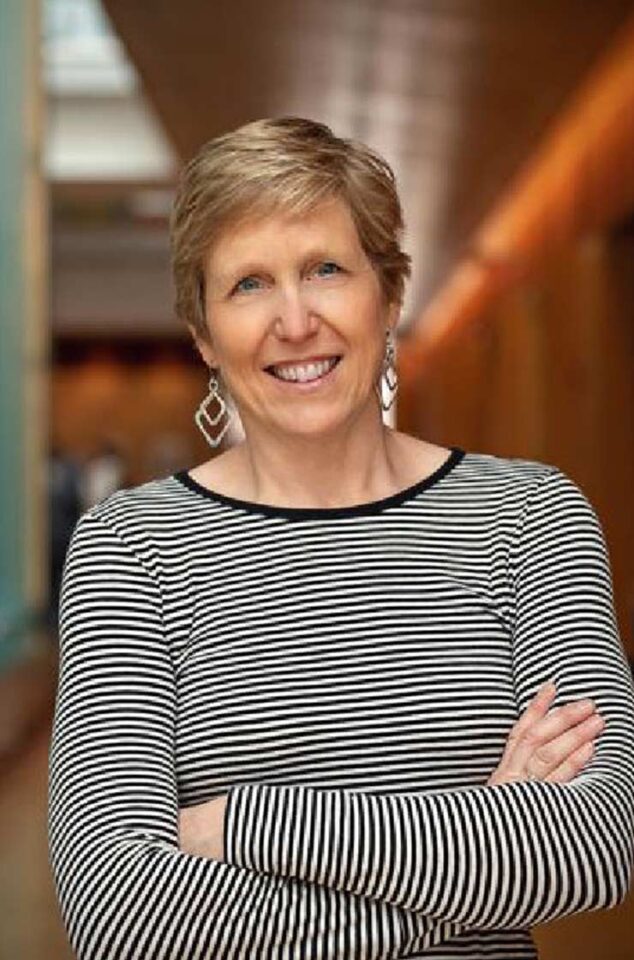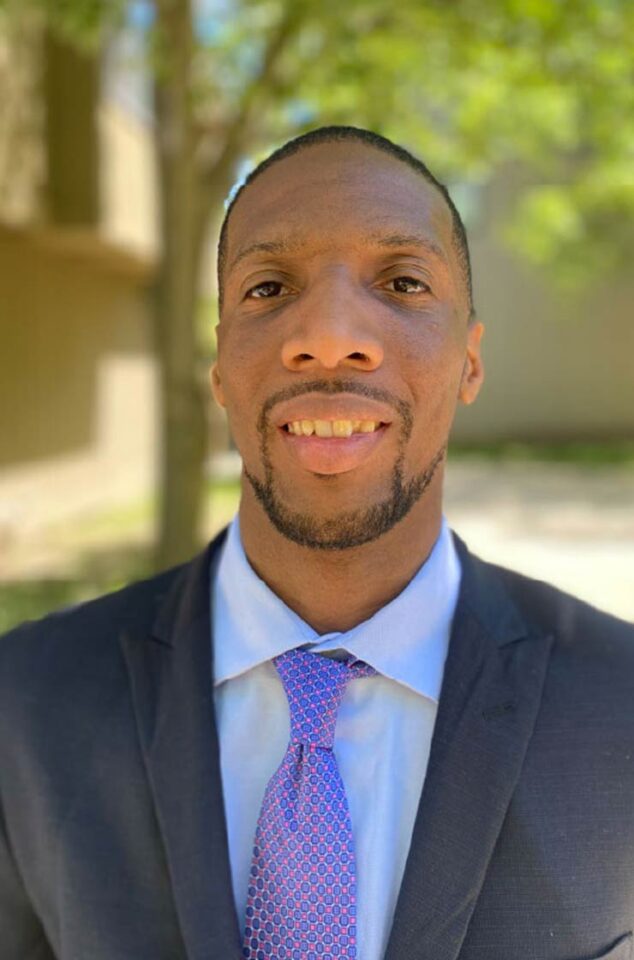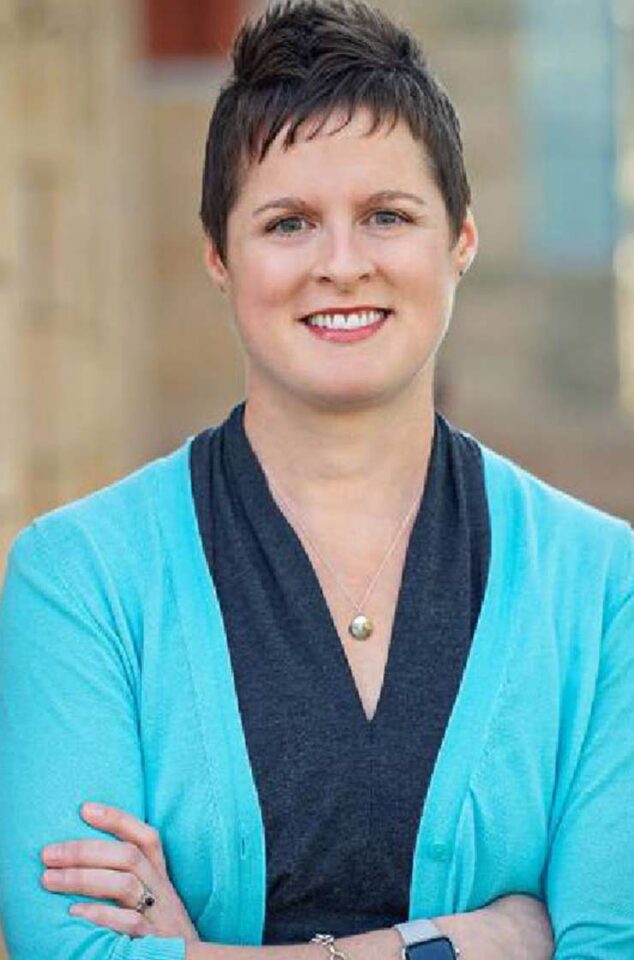When we founded TeachingWorks in 2012, we built on what we had learned from the development of the University of Michigan Marsal Family School of Education’s teacher preparation programs. We wanted to contribute to improving the quality of teacher preparation on a broader scale. Alongside our director, Deborah Loewenberg Ball, we set out to address the unjust pattern that students of color and students living in poverty were far more likely to have underprepared teachers. We were committed to strengthening the quality of beginning teaching to serve these communities.
Recognizing the need for bold, equity-focused teaching, TeachingWorks has evolved to explicitly support teachers and teacher educators to disrupt persistent patterns of injustice through strong teacher preparation and professional learning. We focus on the intersection of subject matter, teaching practices, and the creation of classroom environments where children flourish.
